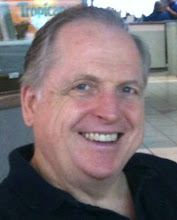Syms, in its advertising, says that "an educated consumer is its best customer." There is a problem about having educated consumers as customers in the consulting services marketplace. While there are multiple markets, three serve as practical examples--businesses, not-for-profit organizations, and schools. When leaders in any of these three markets feel a need for consulting services, they go to trusted providers. Businesses usually go to consulting firms rather than to individuals. Not-for-profit organizations look for consulting firms specializing in their kind of organization. Schools frequently look to universities as their source for trusted advisors.
Regardless of how much education and practical experience consulting professionals may have, there is no "instant" way to become a trusted advisor. Another challenge is that, once someone becomes a trusted advisor the relationship may be considered more personal than professional--making it more difficult to charge and to collect an hourly fee.
LinkedIn.com encourages members to solicit recommendations from others in the member's network. Recommendations can help begin to build trust between professionals. Rather than mastering the "Google Ad Words" promotion, it is challenging to create an electronic footprint that allows for people to discover a new "trusted advisor." Videos on YouTube may be one source for initial connections.
Subscribe to:
Post Comments (Atom)




No comments:
Post a Comment
Thanks for your comments. They will appear on the blog shortly.